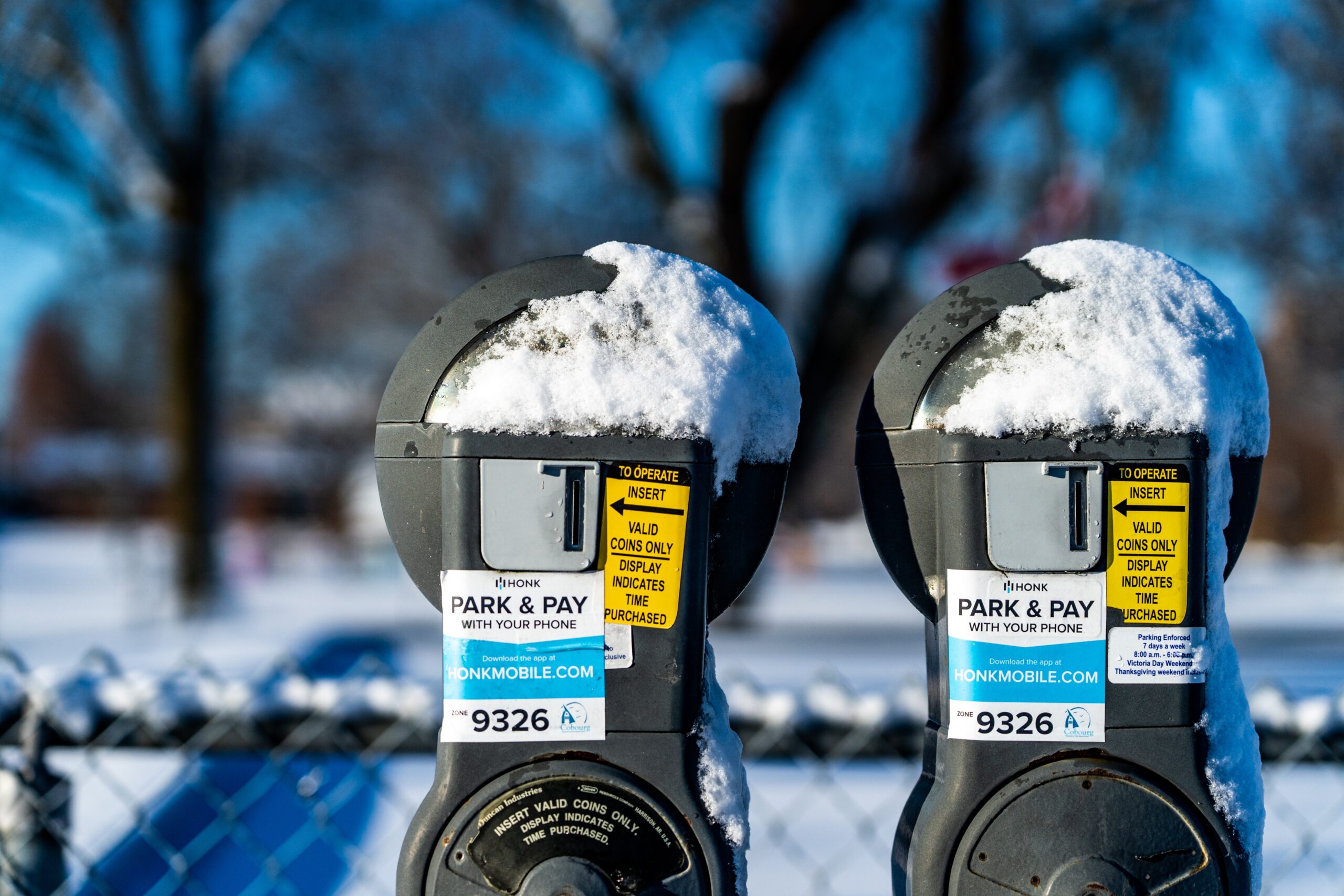Congestion pricing failed to gain approval in New York, but other cities are quietly pushing forward with their own experiments in smart pricing. In particular, San Francisco will soon attack an equally important piece of the transportation puzzle: parking.
Parking spots, like roads, are an odd sort of good: their supply is fixed but the demand fluctuates greatly by day and by hour. For most goods, pricing matches supply with demand. But the price for parking is inflexible. Most spots are free. Others are metered at an artificially low rate. Residential permit parking creates local distortions. Private lots skim those willing to pay the most.
The traditional solution to parking problems is to increase the number of spots available, providing yet another subsidy to drivers and pushing yet another cost onto everybody else. Unfortunately, fiddling with supply doesn’t really work, any more so than building an extra lane on a highway relieves congestion. Oversupply of parking encourages driving. Undersupply creates a lottery system in which people circle endlessly looking for a spot, or park illegally. In either case, the result is more congestion, more carbon emissions, and less livable cities.
San Francisco’s $23 million experiment in dynamic curbside pricing aims to find a better way:
SFpark will raise meter prices so that demand is reduced to equal the existing parking supply. During peak periods, meters will be priced high enough to ensure some parking is always available. During off-peak times, meter prices will go down, so that most spots are used. The idea is that if you really have to drive, you shouldn’t have to cruise around or risk a ticket. Along with an easier time finding parking during peaks, and lower prices when and where there is lower demand, other carrots for motorists include easing time limits during periods of low demand, enabling payment by cell phone, and delivering text messages to drivers when their meters are running out.
The program will encompass 6,435 spots, roughly one quarter of San Francisco’s curbside parking. After a year of trials and adjustment, the system will be rolled out to the entire city.
Others will be watching closely. Although congestion pricing is dead (for now) in New York, the city is charging ahead with its plan to replace all the old-style parking meters with more intelligent Muni meters by summer of 2009. Although the smart meters are presently programmed to behave a lot like the old, dumb meters, the groundwork for dynamic pricing is quietly being laid. As with congestion pricing, it’s only a matter of time before someone flips the switch.
Brought to you by terrapass.com
Featured image







